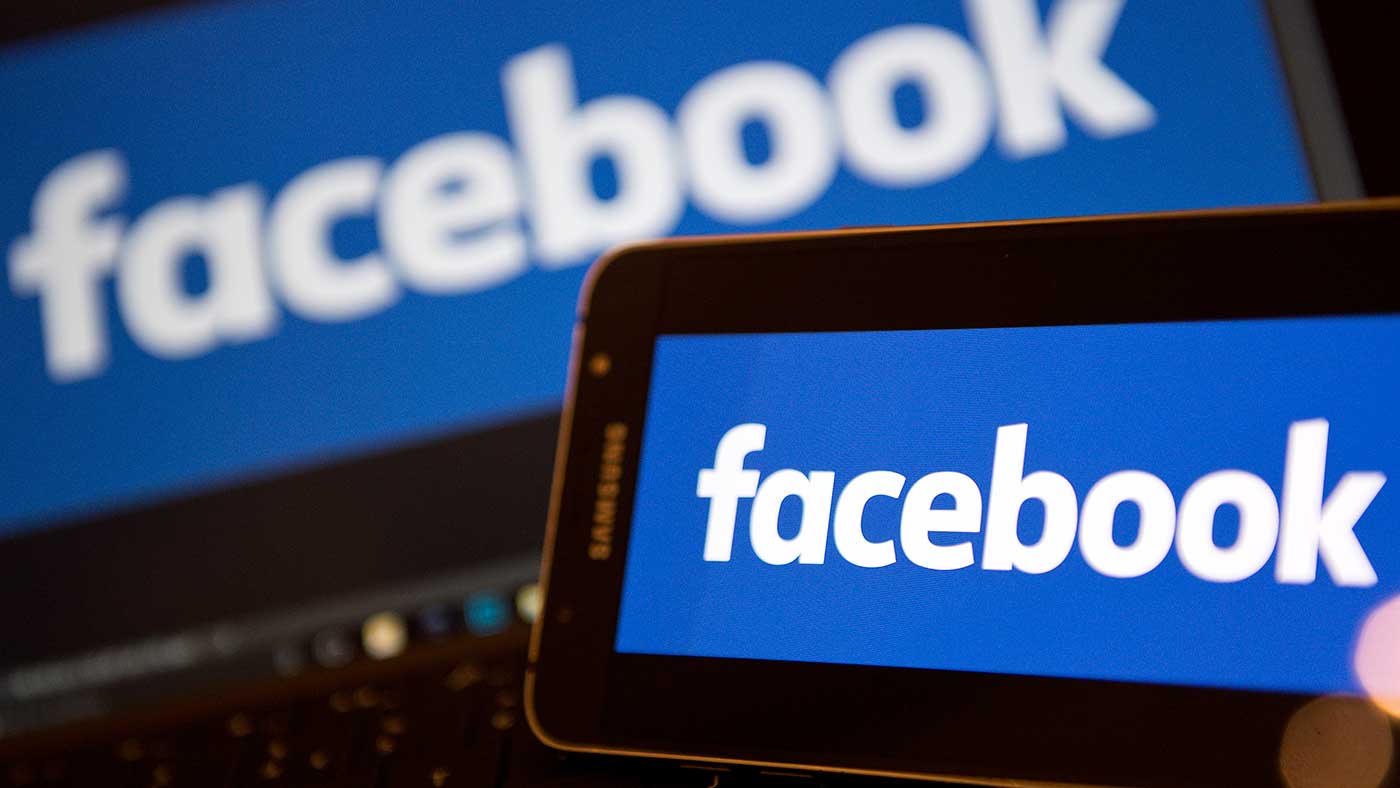Facebook to expand artificial intelligence to help prevent suicide
The software works by identifying phrases and other clues a user posts on the site that could suggest they are suicidal

A free daily email with the biggest news stories of the day – and the best features from TheWeek.com
You are now subscribed
Your newsletter sign-up was successful
Facebook is expanding its automated efforts across the globe to prevent suicide
The tech giant revealed it is now using artificial intelligence to identify posts, videos, and Facebook Live streams containing suicidal sentiments. “It will also use the technology to prioritise the order its team reviews posts,” said CNN.
The software, which originally rolled out in the US in March, “works by identifying phrases and other clues a user posts on the site that could suggest they are suicidal,” says Reuters. If the software determines that they are, “the user will be sent resources that can help them cope - such as the information for a telephone helpline,” the news agency adds.
The Week
Escape your echo chamber. Get the facts behind the news, plus analysis from multiple perspectives.

Sign up for The Week's Free Newsletters
From our morning news briefing to a weekly Good News Newsletter, get the best of The Week delivered directly to your inbox.
From our morning news briefing to a weekly Good News Newsletter, get the best of The Week delivered directly to your inbox.
Guy Rosen, Facebook’s vice president for product management, said the company was beginning to roll out the software outside the United States because the tests have been successful.
During the past month, he said, first responders checked on people more than 100 times after Facebook software detected suicidal intent.
“There have been cases where the first-responder has arrived and the person is still broadcasting,” said Rosen.
Facebook said it tries to have specialist employees available at any hour to call authorities in local languages.
A free daily email with the biggest news stories of the day – and the best features from TheWeek.com
“Speed really matters. We have to get help to people in real time,” Rosen said.
The idea of Facebook “proactively scanning the content of people’s posts could trigger some dystopian fears about how else the technology could be applied,” says TechCrunch.
When questioned, Rosen didn’t answer how Facebook would avoid scanning for political dissent or petty crime, but replied “we have an opportunity to help here so we’re going to invest in that.”
Facebook’s chief security officer Alex Stamos did respond to the concerns, however, with what TechCrunch describes as “a heartening tweet signaling that Facebook does take seriously responsible use of AI”.
“With all the fear about how AI may be harmful in the future, it's good to remind ourselves how AI is actually helping save people's lives today,” the company’s CEO Mark Zuckerberg wrote in a post on the social network.
“Between Facebook's role in the 2016 election and that it has come under fire for experimenting with whether or not gaming your News Feed can alter your mood, the company needs to work on repairing its image these days,” says EnGadget.
“Stories like this can help, but until there are more successes than unfortunate happenstances the social network needs to keep at it.”
-
 How the FCC’s ‘equal time’ rule works
How the FCC’s ‘equal time’ rule worksIn the Spotlight The law is at the heart of the Colbert-CBS conflict
-
 What is the endgame in the DHS shutdown?
What is the endgame in the DHS shutdown?Today’s Big Question Democrats want to rein in ICE’s immigration crackdown
-
 ‘Poor time management isn’t just an inconvenience’
‘Poor time management isn’t just an inconvenience’Instant Opinion Opinion, comment and editorials of the day
-
 Epstein files topple law CEO, roil UK government
Epstein files topple law CEO, roil UK governmentSpeed Read Peter Mandelson, Britain’s former ambassador to the US, is caught up in the scandal
-
 Iran and US prepare to meet after skirmishes
Iran and US prepare to meet after skirmishesSpeed Read The incident comes amid heightened tensions in the Middle East
-
 Grok in the crosshairs as EU launches deepfake porn probe
Grok in the crosshairs as EU launches deepfake porn probeIN THE SPOTLIGHT The European Union has officially begun investigating Elon Musk’s proprietary AI, as regulators zero in on Grok’s porn problem and its impact continent-wide
-
 Israel retrieves final hostage’s body from Gaza
Israel retrieves final hostage’s body from GazaSpeed Read The 24-year-old police officer was killed during the initial Hamas attack
-
 China’s Xi targets top general in growing purge
China’s Xi targets top general in growing purgeSpeed Read Zhang Youxia is being investigated over ‘grave violations’ of the law
-
 Panama and Canada are negotiating over a crucial copper mine
Panama and Canada are negotiating over a crucial copper mineIn the Spotlight Panama is set to make a final decision on the mine this summer
-
 Why Greenland’s natural resources are nearly impossible to mine
Why Greenland’s natural resources are nearly impossible to mineThe Explainer The country’s natural landscape makes the task extremely difficult
-
 Iran cuts internet as protests escalate
Iran cuts internet as protests escalateSpeed Reada Government buildings across the country have been set on fire